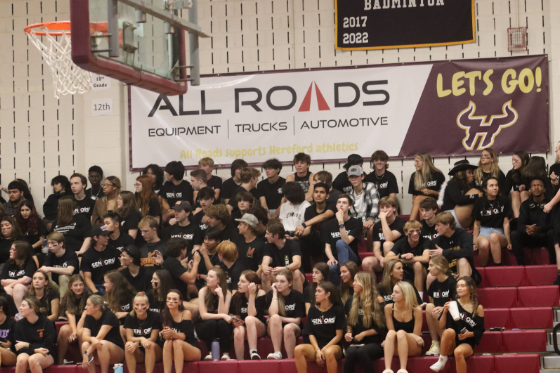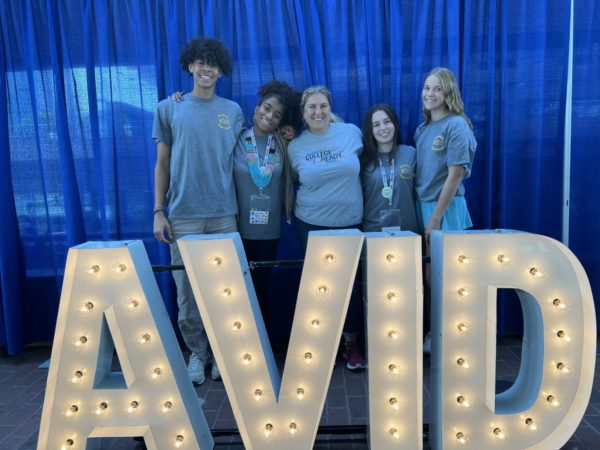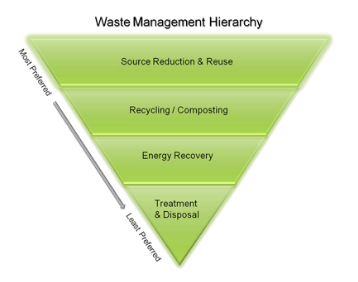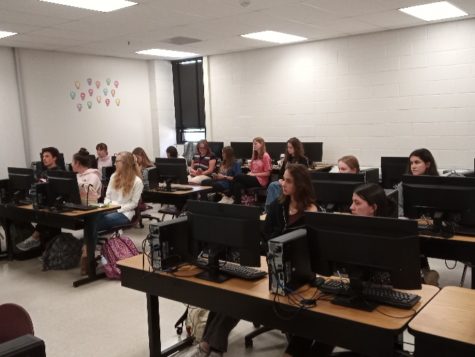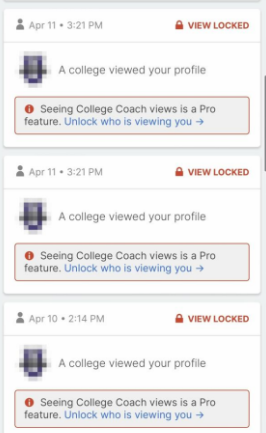Alexa fails to teach manners to children
March 14, 2018
Amazon, Google, Apple, Disney — these companies are all making advances to control more and more of your smartphones, what you’re watching, even your doors. Amazon has come out with a digital door lock which allows Amazon employees, using a one-time code, to unlock your door and deliver packages inside your home without you being there. Where is the line drawn between helping your day-to-day life and invading privacy?
Now I’m sure a good portion of Americans have a smartphone, smart TV, home system (such as Amazon Alexa or Google Home), or something along the lines of that that they use in their daily lives, and those devices can be helpful. Smartphones and computers can send messages across the globe in seconds and home systems can entertain and educate children, but like all things, they have their downsides as well.
An adult might talk to Amazon’s Alexa or Echo as if it were not a real person, for example, “Alexa, turn on the TV,” or, “Alexa, play ‘Viva La Vida’ by Coldplay,” but children don’t know any better. Alexa, unlike tablets, responds to you verbally, and children are thinking a tiny person lives inside the system, answering all your questions about what the weather is like or how you make lasagna. Cute right?
The biggest influence on a child is their interactions with other people, more specifically their parents or parental figures. If the parents talk to Alexa like it isn’t real, the child will do the same, but remember, the child might believe Alexa is a real person and not artificial intelligence.
With Alexa being one of the few forms of communication to the child, this tone will cause the child to grow up talking to other people in the way that they talk to Alexa. Not so cute anymore, is it?
This is only one of the many worrying technologies concerning parents. Tablets, video games, and apps like YouTube are influencing children more than parents realize.
But the scariest part? This is only one of the newest technologies concerning parents alike around the world, and we’re seeing more and more of them every day. Where should we draw the line?



